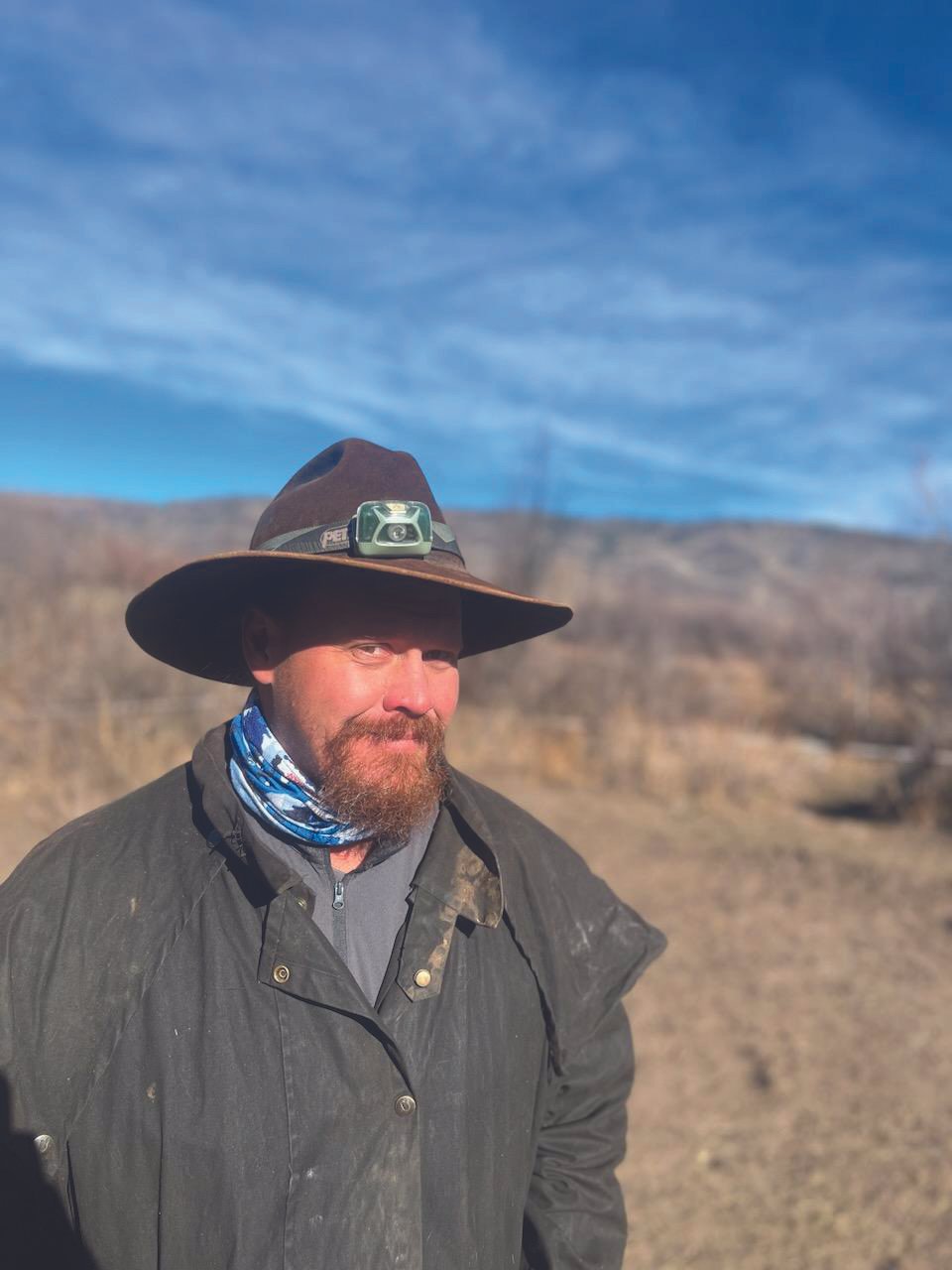From the streets with love
Colorado Mesa University Special Collections and Archive (façade of the archive)
By Jacob Richards
Editor’s note: The author had a small part in finding a home for this collection through his role as president of the Mesa County Historical Society.
Recently, a small collection of documents was archived at Colorado Mesa University Special Collections and Archives. The documents are not particularly old, nor are they written by or to anyone famous or powerful, but they are rare — because they are almost entirely written by people experiencing homelessness.
“Without the records and voices of marginalized groups, the historical record is incomplete,” said Amber D’Ambrosio, the special collections and archives librarian at the University’s Tomlinson Library.
“History is written by the victors in large part because the victors can control the records and voices that are preserved,” D’Ambrosio said. “In the last quarter century, a growing effort has been made to find the ‘silences’ in the archives and to actively pursue ways to correct those ‘silences.’”
The collection consists largely of letters written to staff and volunteers at the Catholic Outreach Day Center in Grand Junction from 2000-2006. Many of the letters are from jails and prisons and simply ask staff to hold on to their things.
“It’s just a small backpack but it’s all I got,” one man wrote. Other letters make bigger requests of the staff, like forwarding mail, cashing checks, and more. “I need my check. I have to keep my trailer. If I lose it, I will be on the streets again,” one writer pleaded.
Randy at an encampment known as “The Point” circa 2008. Note on the back of the picture reads, “Him and his girlfriend work most of the time (for the past 5-6 years). He drinks some but most of his friends are now dead now from the ‘old lifestyle.
Some of the letters from behind bars are reaching out for human connection in a very lonely world. An artist who said he was painting again wrote, “When you wrote [to] me, it really rekindled hope for me.” On the envelope, the staff had written a note about the man: “He spent a month in the wilderness trying to die, no food, only a gallon of whiskey and his drawing pad…[he] put an hourglass with sand in it in every [picture].” Another man wrote, “Tell them to come visit me. I haven’t gotten one visit since I’ve been here.” Another man wrote, “Tell them to come visit me. I haven’t gotten one visit since I’ve been here.”
Some of the writers have a sense of humor. “Tell them … I am accused of being a habitual idiot; not serious but it requires months of rehab,” one man wrote. The same joker ended his letter, “Say hi to everyone, especially all them good-looking catholic babes.” One envelope from prison had a staff note on it saying the man was in prison for a murder he might not have committed. He didn’t know because “They were all drunk.”
There are a few letters — too few — from people who had found greener pastures writing proudly to say they had rebuilt their lives. Sometimes just getting to a different city could make all the difference. I earn 25 dollars a week.”Right close to the beach.” “I made it, and the Eugene Mission is really good,” one man wrote, adding: “I work on a truck until 3 p.m. collecting used newspapers to recycle at the mission. I earn 25 dollars a week.” A postcard from Florida reads, “[The] dolphins are a sight to see. Right close to the beach.”
More than a few heartbreaking letters with pictures are from family members searching for loved ones swallowed by the anonymity of the streets. There are also numerous death certificates and documents related to end-of-life planning that the Day Center staff took on for people who died without next of kin.
The documents taken individually do not say a lot historically, but the totality of the collection speaks volumes to the pain, struggles, humanity, loneliness, and small victories won by those experiencing homelessness.
The collection speaks to economic exploitation and the poverty-to-prison pipeline, but it also speaks to the enormous power that simple acts of kindness can have in a sometimes cruel world.
While there are just a few notes written by Day Center staff on the backs of envelopes and pictures, their passion and humanity shine through in the words of the people who wrote to them.
“This collection offers a rare opportunity to preserve the words and voices of people whose existence might otherwise be forgotten,” D’Ambrosio said. “CMU Special Collections and Archives now has a role to play in helping this collection survive into the future so that these voices and the people they belong to are not forgotten,” she added.


